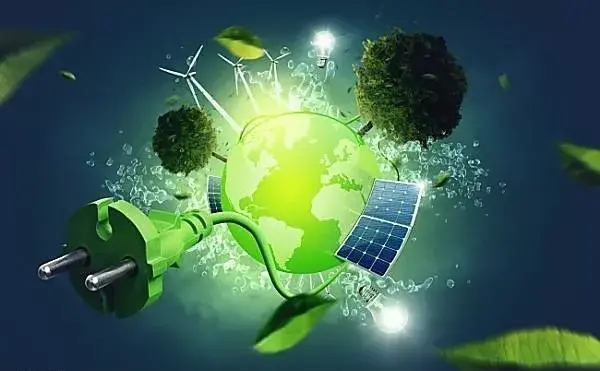Supercapacitor is a new type of energy storage device, which has better environmental protection performance than traditional capacitors and batteries. This article explains why supercapacitors are environmentally friendly from three aspects.
1. The energy conversion efficiency of supercapacitor is high
Supercapacitors are famous for their small size, large capacity, and high energy conversion efficiency among capacitors. Compared with common batteries, supercapacitors have higher energy conversion efficiency, thereby reducing energy waste. High energy conversion efficiency means that in the process of energy storage and release, supercapacitors can make better use of energy and reduce the consumption of additional energy.
2. The raw materials of supercapacitors will not produce harmful substances
Electrode materials for making supercapacitors can be roughly divided into three categories: carbon materials, conductive polymers, and metal oxides. Supercapacitors use activated carbon materials to make porous electrodes and electrolytes. It will pollute the environment and be friendly to the environment.
3. The waste disposal of supercapacitor is more convenient
Once the supercapacitor exceeds the service life limit or cannot be used due to other problems, its waste disposal is relatively simple. The main materials in supercapacitors include activated carbon and metal oxides, etc. These materials can be recycled or reused in the waste treatment process, which reduces the consumption of natural resources and reduces environmental pollution.
Supercapacitors do not pollute the environment from raw materials to production to use, and are environmentally friendly. They are ideal green energy sources.
Post time: Jul-26-2023

